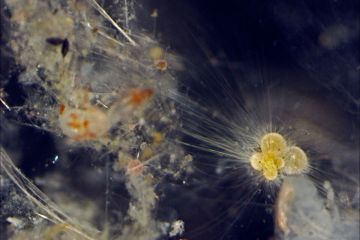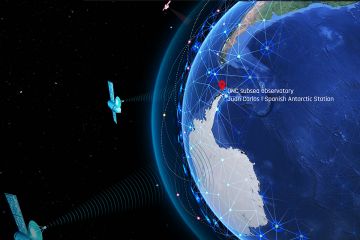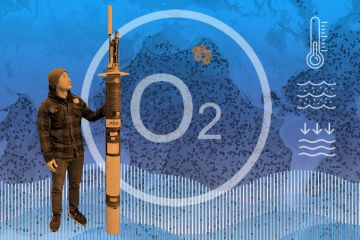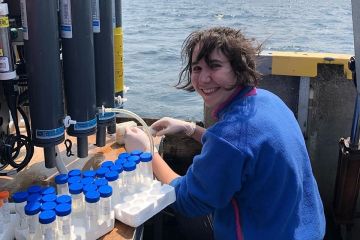How to tag a tiger shark
- Anne MacLaurin

The Philippines’ Tubbataha Reefs Natural Park is brimming with sharks and tropical fish—an inspiring environment for UVic geographer Phil Dearden’s conservation work especially after the demise of so many coral reefs around the world.
Last month, Dearden assisted an international research team with the placement of the first-ever satellite tracking tag on a tiger shark in this pristine reef—also a UNESCO world heritage site—and is now tracking its movements in real time. Dearden is working with this project, which is led by the Tubbataha Management Office (TMO) and the marine conservation group Large Marine Vertebrates Research Institute Philippines (LAMAVE).
“Every few minutes a shark would pass by,” says Dearden, “it gives us hope for the conservation work we are trying to do in the region.”
Dearden has spent 30 years developing marine protected conservation programs in Thailand, Cambodia, the Philippines and Sri Lanka, as well as in Canada. He says sharks play a crucial role in marine biodiversity and the new research will have significant impact on shark conservation in Southeast Asia and the Philippines by tracking the movements of this 3.36-metre female tiger shark by satellite.
In order to place a satellite tracking tag on the fin, the shark had to be brought alongside the boat and gently turned over by the team vet, Dr. Alessandro Ponzo, essentially sedating the shark.
Dearden’s task was to bring the tiger shark to the edge of the boat, and much like one does when fishing for salmon, he says, it takes patience, time, and strong equipment.
“The tiger sharks are extremely strong,” says Dearden, “it broke all of our equipment.”
The sensation of being that close to a tiger shark was“tingling” says Dearden, who took the underwater photos while the tag was being attached. After 20 minutes the shark was swiftly released.
In addition to the satellite tag, the researchers also attached acoustic tags to a number of sharks and placed acoustic receivers on the ocean floor surrounding the reef. The receivers create a record whenever a shark comes in range and provide a finer-scale analysis of shark movements.
Dearden is part of a continuing collaboration including scientists from South America, Europe and North America to improve understanding and management of this reef. He is an expert in marine conservation and marine protected areas in Southeast Asia, as well as on whale sharks and the dangers of a rapidly growing whale shark tourism industry. The shark tagging team led by TMO and LAMAVE also includes scientists from the US-based Marine Megafauna Foundation and James Cook University in Australia.
For more details on the tagging project, see the original LAMAVE news release.
Photos
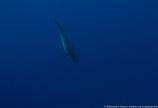
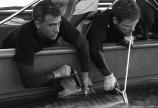
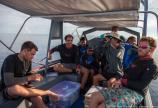

In this story
Keywords: oceans, wildlife, sharks, coral reefs, Asia, research







